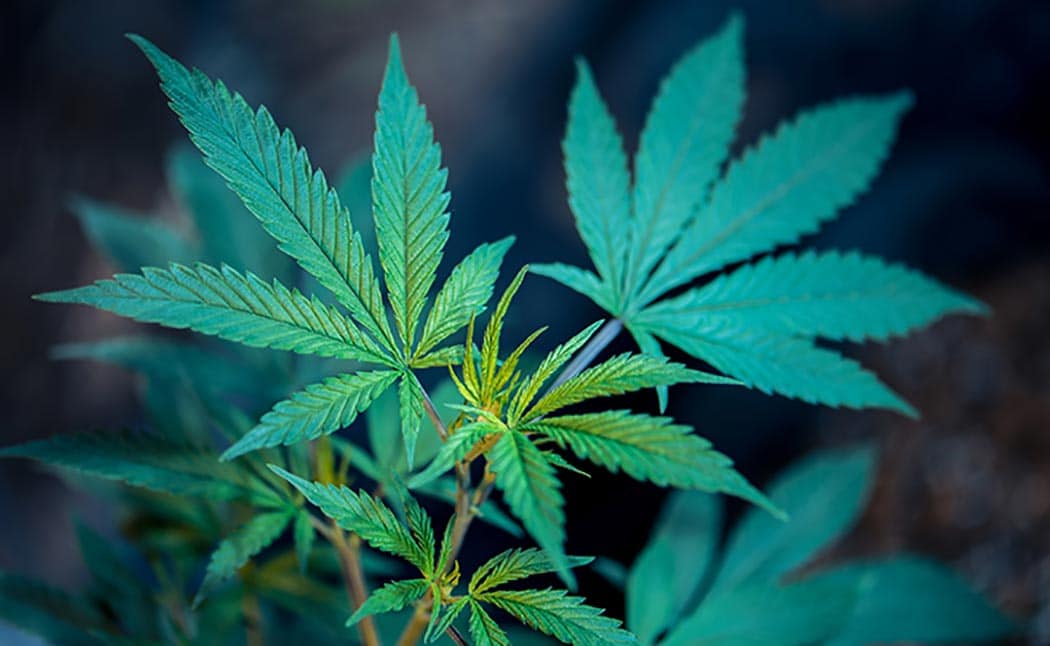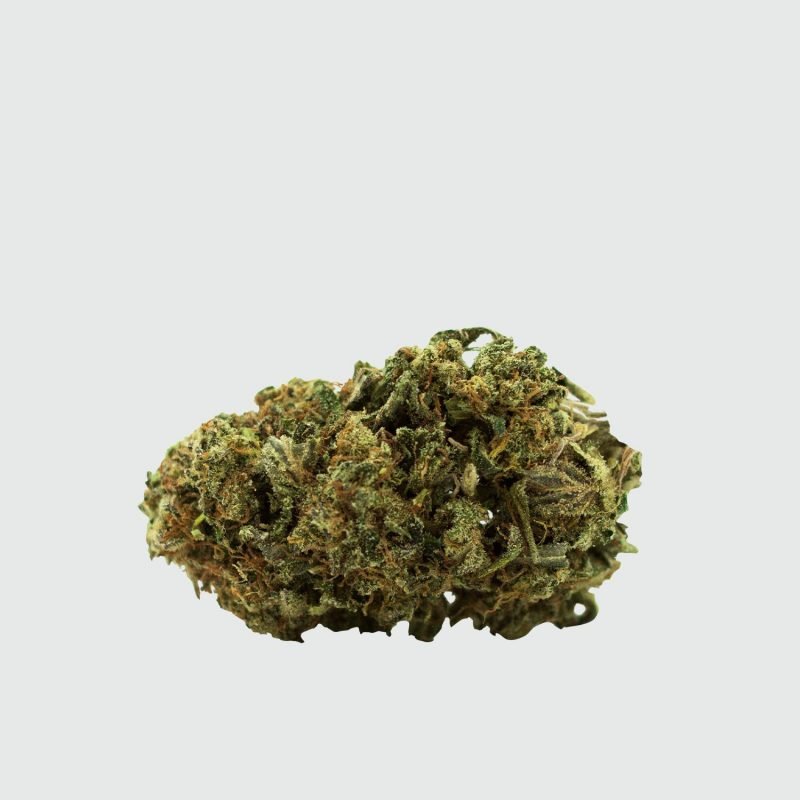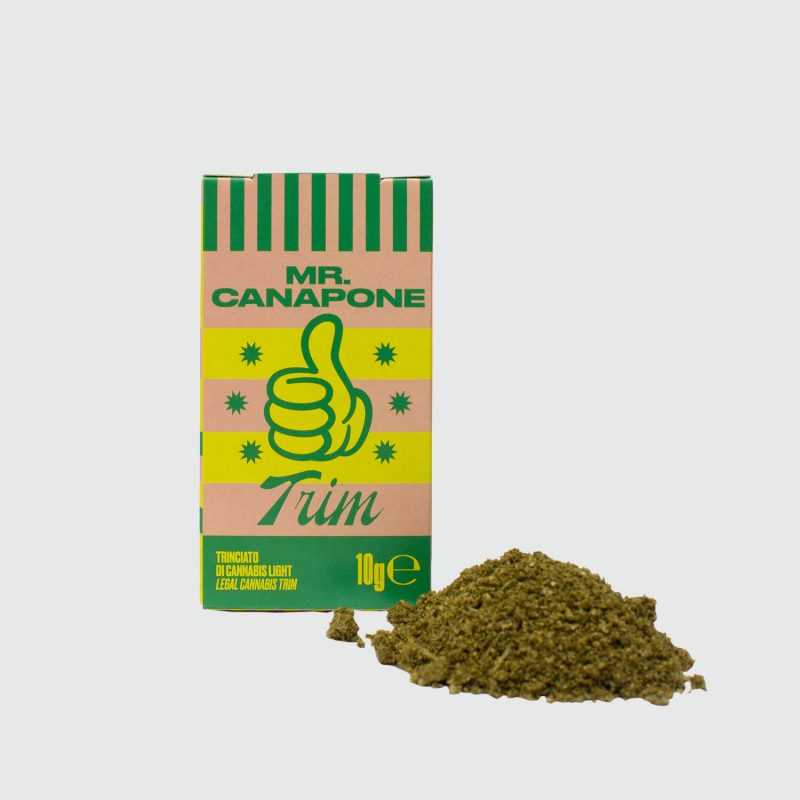Cannabinoids and cannabis against cancer: myth or reality?
The usage of therapeutic cannabis on oncology patients is a very delicate topic: for the longest time, opponents of modern medicine have been declaring themselves sure of the cannabis potential to cure cancer.
We like to discuss things based on real, scientific data so before jumping to any conclusions, we decided to investigate a little further on the real antitumoral properties of cannabinoids.
Cannabis-based treatments are gaining more and more support and positive outcomes while they’re being accepted day after day by the medical and scientific community. THC and CBD based drugs have undeniable benefits in the management and cure of several illnesses, and many more applications are still being studied. One of these concearns the antitumorals properties of fitocannabinoids.
Therapeutic cannabis is already being used in many countries all over the world to control pain and to manage some specific symptoms caused by cancer, and to fight severe collateral effects provoked by fermaceutical treatments. We’re talking about insomnia, anxiety, depression, loss of appetite and nausea (due to chemotherapeutic drugs).
In short, nowadays it’s well acknowledged that cannabinoids consumption can actively help cancer patients to face the everyday life with as much serenity as possible.
But what we want to investigate with this article is something more: can cannabis limit or counteract tumoral deseases’ diffusion?
If that was the case, we would have a super safe drug, almost devoided of side effects, that could be used with other therapies, and that could also help in the managing of symptoms.
It would be amazing and this is why scientific community is focusing on it with many experiments.
Cannabis’ effectiveness against tumors: pre-clinic says yes
Besides being useful against the symptoms, cannabinoids may also be effective in fighting replication and diffusion of varius types of cancer cells.
Studies regarding this topic support this theory and say that cannabinoids could actually be able to start selective aggressive mechanisms against cancer cells without damaging the healthy ones. The only limit of this kind of research is that studies on patients are very few, therefore cannot confirm any of that data.
Pre-clinic is very clear: cannabinoids have an anti-tumoral action, in particular on lung, breast, pancreas, brain cancer and myeloma.
A promising in-vitro research of 2018 on antitumoral effects of CBD claims that cannabidiol could inhibit the release of some cancer cells (normally chemo-resistant) that promote cancer’s expansion. These elements are referred to as exosomes and micro-vesicles and are involved in the intercellular communications, transmitting tumor genetic trend amongst the cells.
According to this study, CBD is a natural inhibitor of the release of exosomes and micro-vesicles, at least for some types of cancer cells: prostate cancer, hepatocellular carcinoma and breast adenocarcinoma.
In this study, published on Frontiers in Pharmacology, CBD reduced exosomes release on the three types of cancer cells and inhibited (even if not drastically) micro-vesicles release.
Researchers suggested that cannabidiol could also be used to sensitize cancer cells to chemotherapy. Others studies, conducted on animals, demonstrated that cannabinoids are able to inhibit cancer growth, inducing malignant cells apoptosis, which is a voluntary death of the cancer cause.
The same studies also demostrate antiangiogenic effects (a block of blood vassels that promote cancer growth).
Another research on mice showed how cannabinoids may have an antinflammatory effect on bowel, and therefore reduce cancer risk.
An important study of the Department of Pharmacology of Penn State College of Medicine regarding this type of cancer, claims the powerful anti tumoral properties of a specific cannabinoids group, selected and vitro-tested.
It’s important to underline that the abovementioned studies were conducted on a pre-clinic stadium and there’re still no certain evidence of efficiency on humans.
What’s growing, by the way, is the attention and interest of the scientific scene on finding a cannabinoid-based cure for cancer, and a safe drug solution to substitute (or at least assist) nowadays care, increasing the possibility of survival of cancer patients.


 Italiano
Italiano















